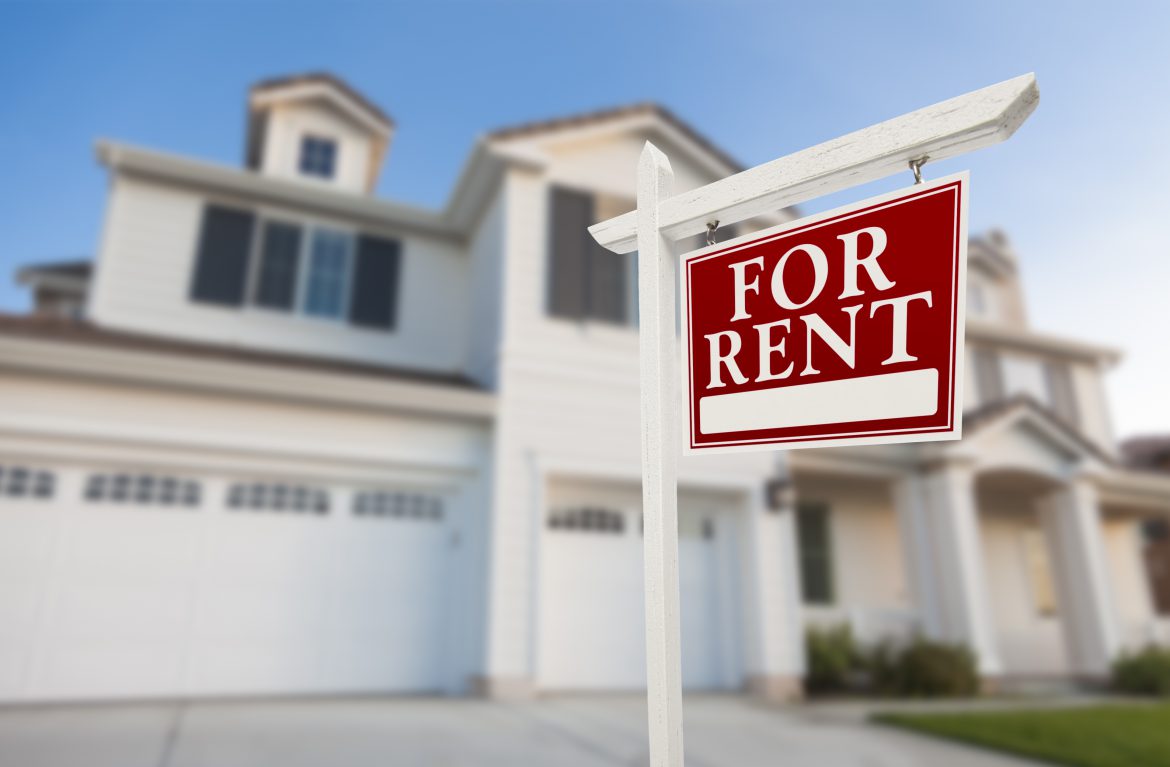Short-Term or Long-Term Rentals? Essential Guide for Property Owners
Short-Term vs. Long-Term Rentals: What Property Owners Need to Know
Owning a rental property can be an excellent source of income, but deciding between short-term and long-term rentals is a crucial decision that impacts revenue, management style, and even the property itself. While some property owners work closely with expert property management companies to streamline operations, others prefer a more hands-on approach, hoping to maximize their profits by managing the property themselves. This decision can often lead to challenges, as the complexities of marketing, tenant screening, and maintenance become time-consuming. Here’s a guide to help property owners determine which rental type aligns best with their goals and lifestyle.


Understanding Short-Term Rentals
Short-term rentals, often listed on platforms like Airbnb and Vrbo, are properties rented out for a few days to a few weeks. This type of rental appeals to travelers, tourists, and even business professionals seeking temporary stays.
Pros of Short-Term Rentals:
- Higher Rental Rates: Short-term rentals can yield significantly higher daily rates compared to long-term leases. High demand seasons, such as holidays or major local events, can increase rental income further.
- Flexibility in Property Use: Property owners can block off dates for personal use. This makes it ideal for those who might occasionally want to use the property themselves.
- Constant Property Maintenance: Because guests frequently check out, regular cleanings and property inspections help maintain the property’s condition. This may reduce the risk of unnoticed, long-term damages.

Cons of Short-Term Rentals:
- High Management and Maintenance Costs: Short-term rentals require frequent cleaning, regular restocking of amenities, and rapid response to guest issues. Owners often hire management companies to handle these aspects, which can be costly.
- Income Fluctuations: Income from short-term rentals can be inconsistent due to seasonal demand and market trends, making it challenging to predict monthly income.
- Legal Restrictions and Regulations: Many cities have zoning laws or short-term rental regulations, including licensing requirements or caps on rental days. These regulations are important to understand as they can limit or prohibit short-term renting.
The Benefits and Drawbacks of Long-Term Rentals
Long-term rentals, typically spanning six months to a year or more, cater to tenants looking for a stable home. This model is favored for its consistency and often less demanding management requirements.


Pros of Long-Term Rentals:
- Stable Income: Long-term rentals provide consistent, predictable cash flow. This is particularly valuable for property owners relying on rental income to cover mortgage payments or other financial obligations.
- Lower Management Effort: Unlike short-term rentals, long-term rentals don’t require constant turnover services. Property management demands are usually limited to occasional maintenance and yearly lease renewals.
- Lower Vacancy Rates: A signed lease guarantees occupancy for the agreed term, reducing the risk of vacancies and income interruptions.
Cons of Long-Term Rentals:
- Lower Rental Rates: Monthly rates in long-term rentals are typically lower than short-term rentals, meaning owners may earn less in high-demand areas.
- Limited Flexibility: Once a lease is signed, the owner has limited access to the property. This lack of flexibility can be restrictive for owners looking to occasionally use the space.
- Risk of Difficult Tenants: If a tenant stops paying rent or violates the terms of the lease, the eviction process can be long and legally complex. Carefully vetting tenants and obtaining a solid lease agreement are essential.
Key Considerations When Choosing the Right Rental Strategy
When deciding between short-term and long-term rentals, consider the following factors:
- Location: Urban or tourist-heavy areas may benefit from short-term rentals, while properties in suburban or residential neighborhoods might be better suited for long-term rentals.
- Income Goals: Determine if you prefer high but fluctuating income or steady, predictable monthly revenue.
- Time and Effort: Short-term rentals require more hands-on involvement, while long-term rentals are often lower-maintenance. Decide how much time and effort you’re willing to invest.
- Local Regulations: Always check local laws and HOA (Homeowners Association) rules, as some areas have strict short-term rental regulations that may impact your decision.
Short-term and long-term rentals each come with unique advantages and challenges. By considering the property location, income goals, available time, and local regulations, property owners can make an informed choice that aligns with their lifestyle and financial aspirations. Whether opting for the high-reward yet variable world of short-term rentals or the steady, predictable path of long-term rentals, understanding the nuances will help maximize rental property success.